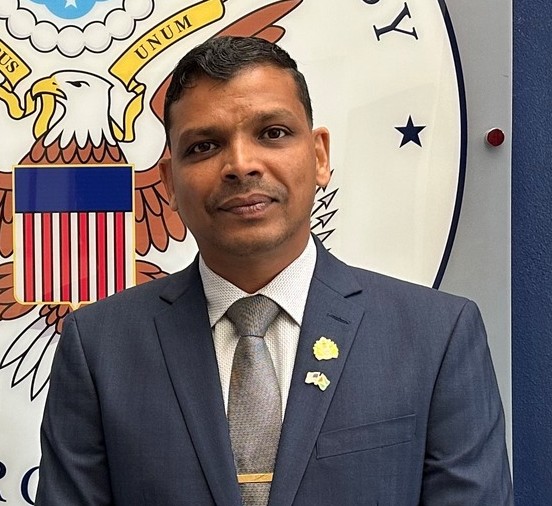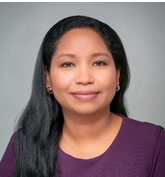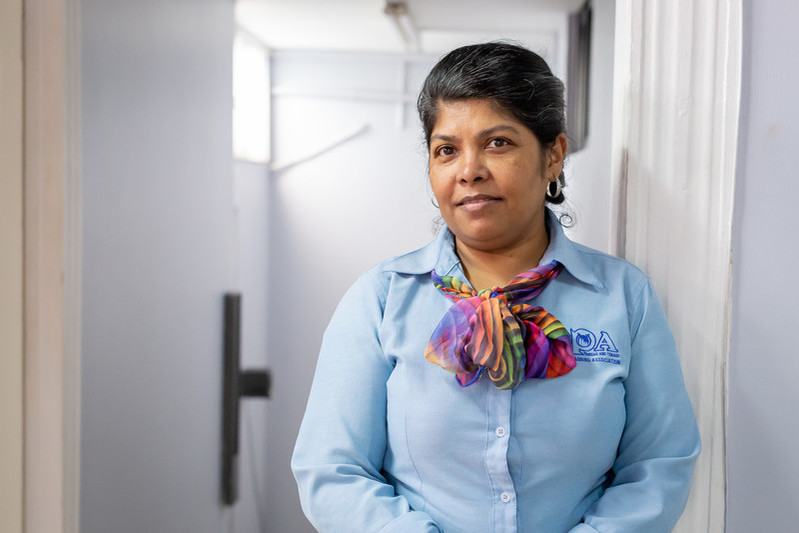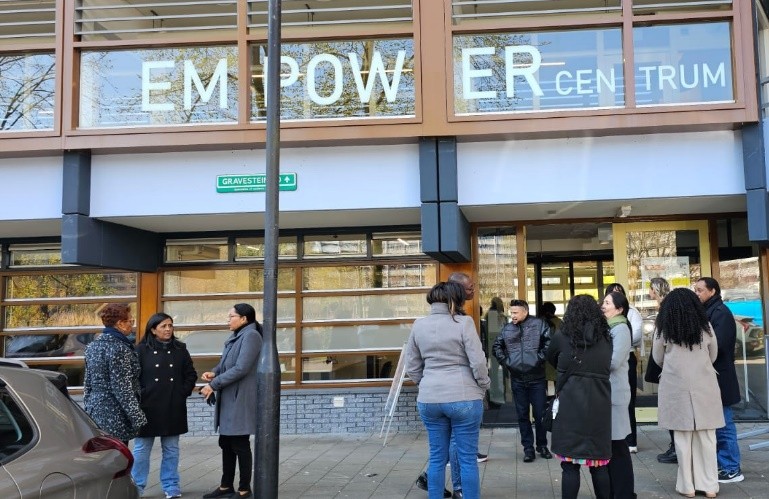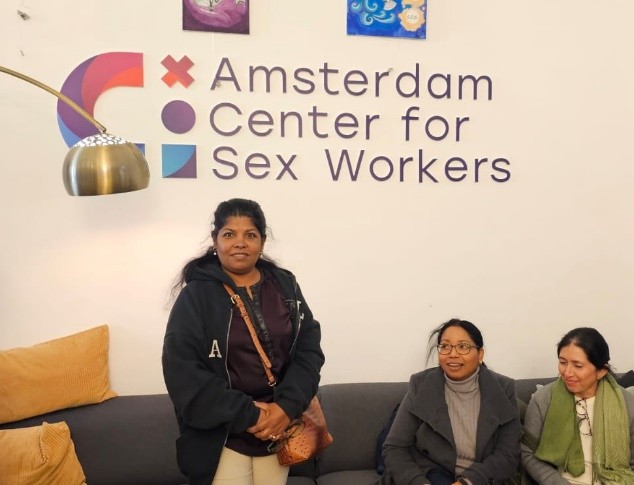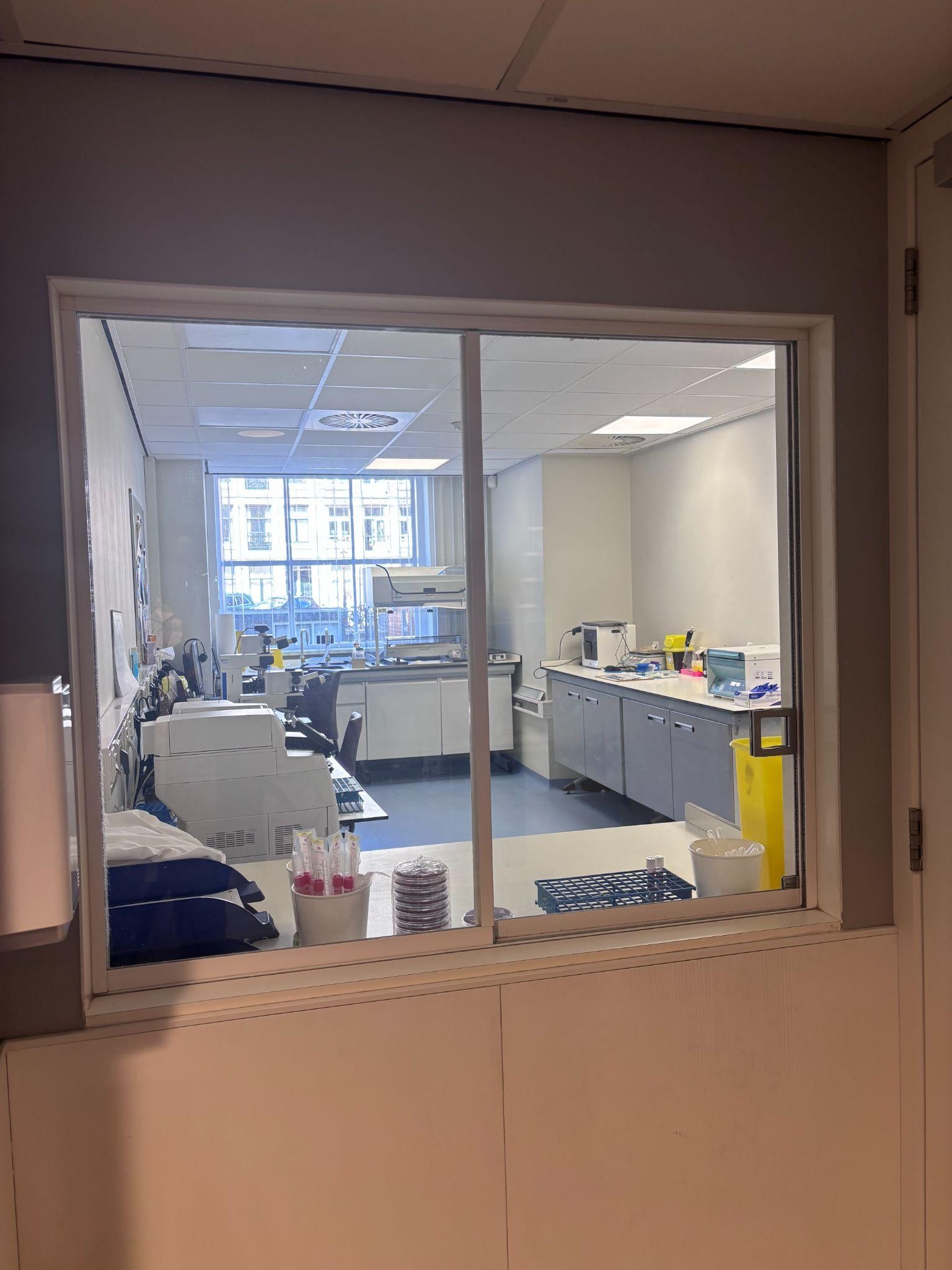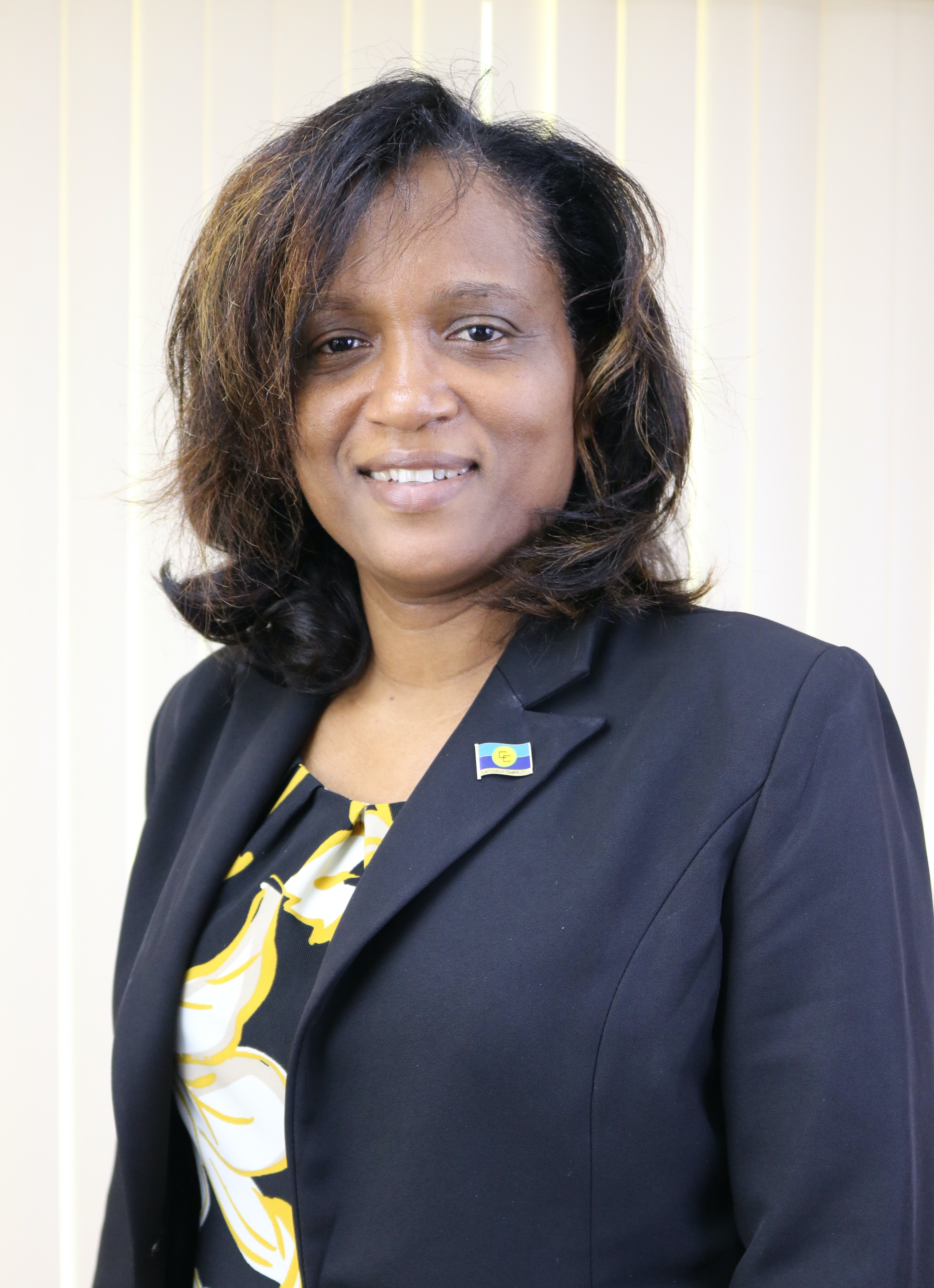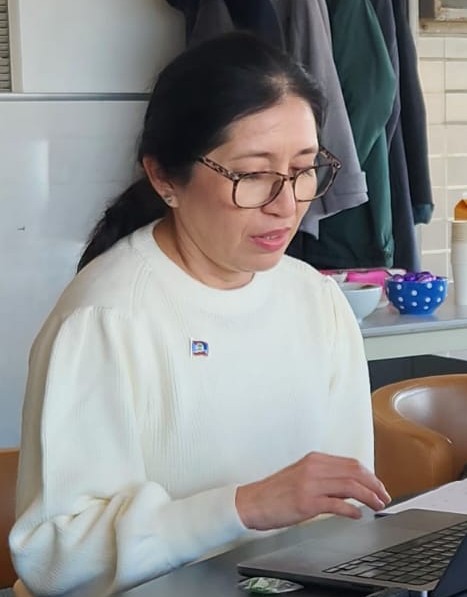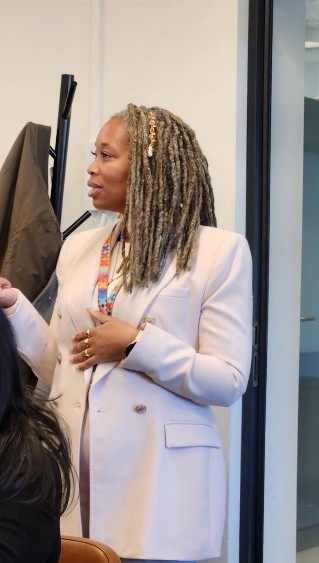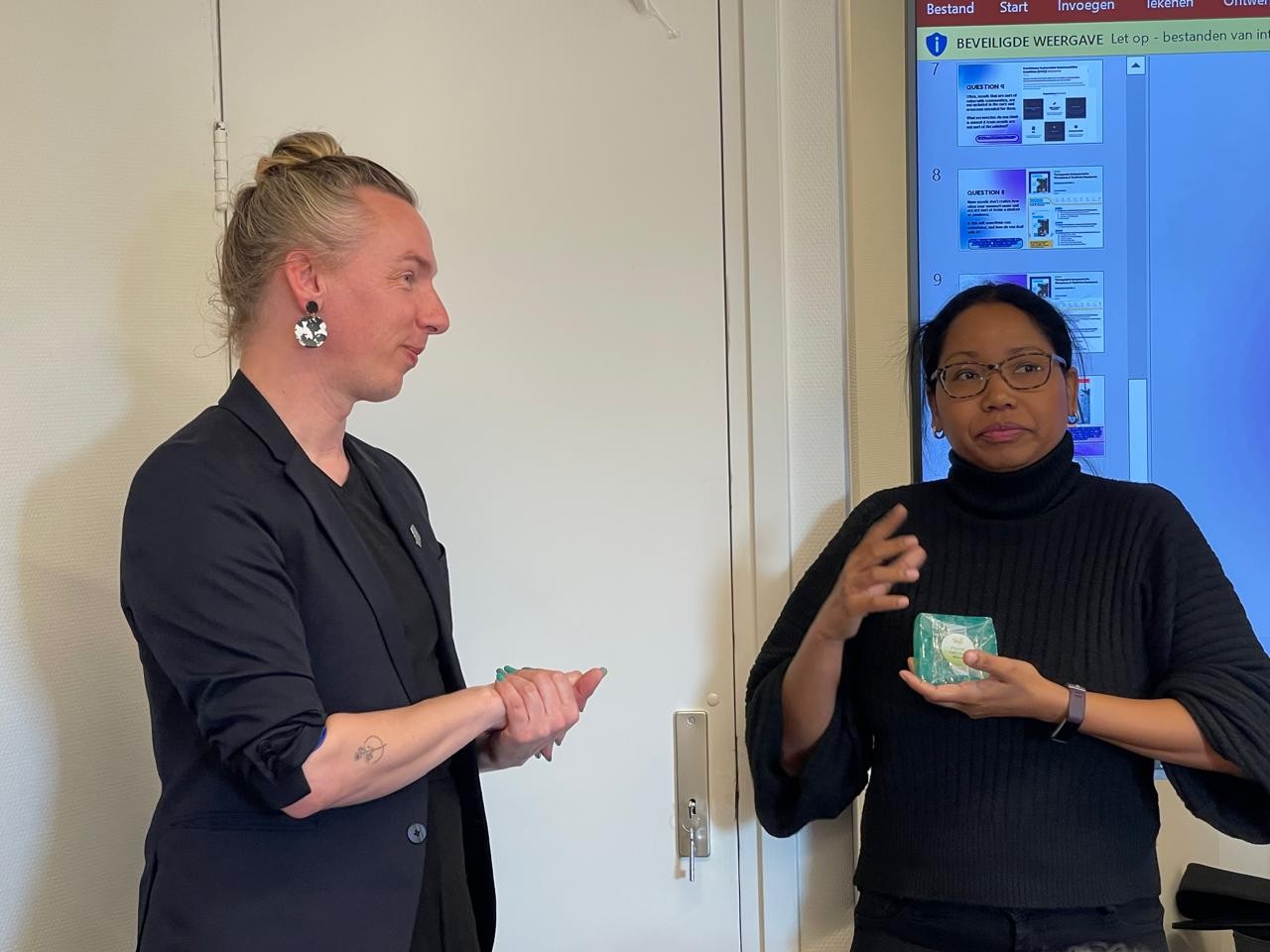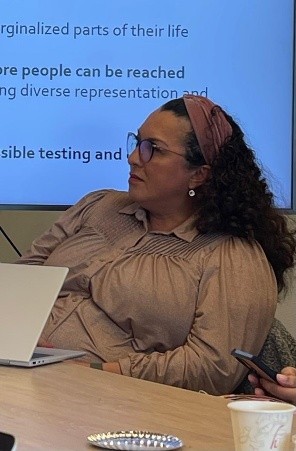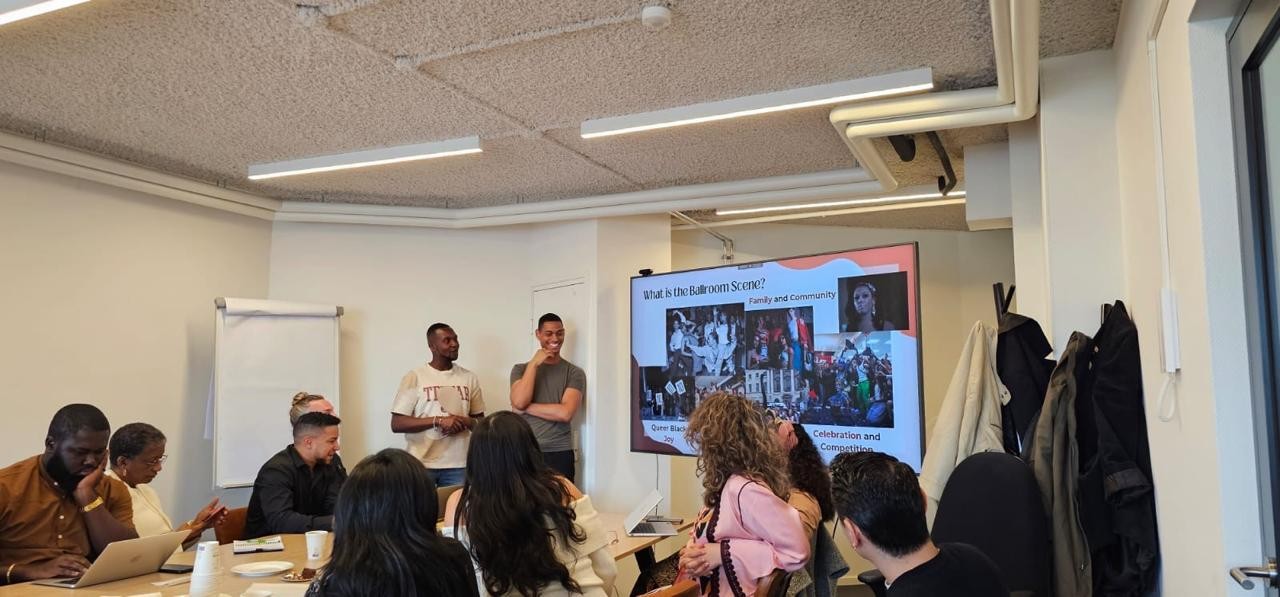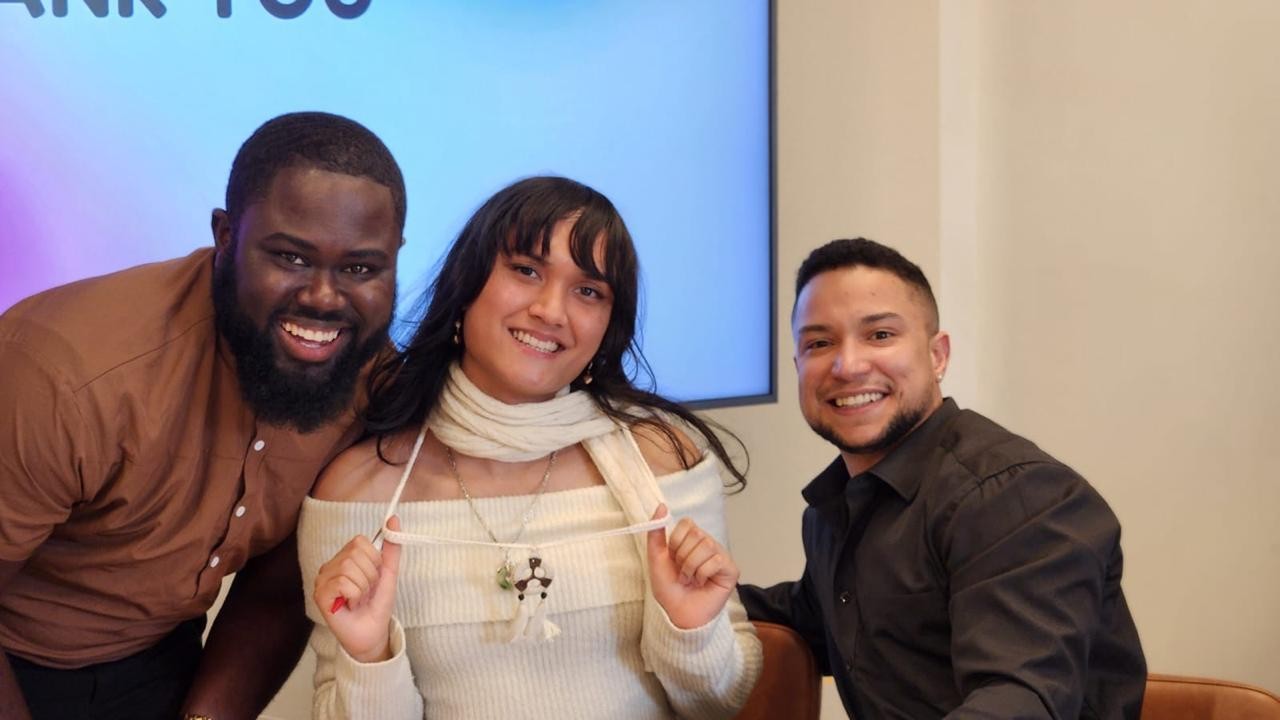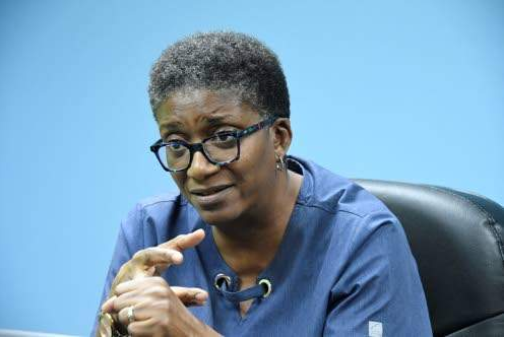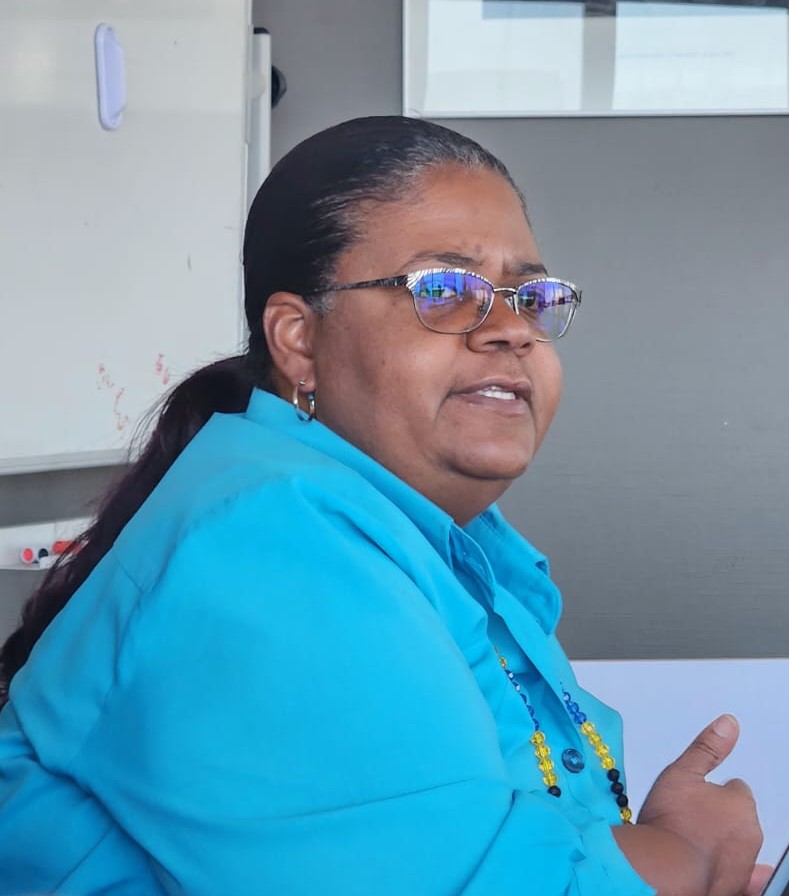PANCAP, in collaboration with GGD Amsterdam, hosted a transformative learning experience from March 31 to April 04, 2025, for a diverse group of regional HIV programme managers, clinicians, and civil society representatives in Amsterdam. This initiative was more than just a study tour—it was a deep dive into innovative, inclusive, and human-centered approaches to HIV service delivery.
Despite language barriers, participants were able to learn from our Dutch colleagues, who perfectly expressed themselves in English to ensure all participants understood.
From the moment the team stepped into GGD’s facilities, it was clear: innovation thrives in spaces where trust, respect, and cultural competence are embedded in every aspect of care. Whether in the STI clinic at the GGD or The Empower Centrum Gravestein, the message was consistent: people matter more than paperwork.
Participants were reminded of the benefits of integrating social determinants of health, harm reduction, and low-threshold services to reach the most marginalised groups. Services are offered with dignity and confidentiality, ensuring that all receive judgment-free support.
The concept of a ‘Stigma-Free’ environment moved from theory to practice as participants observed how GGD designed systems that empower users. Peer support is embedded throughout service delivery. Clients aren’t just recipients, they are co-creators of solutions. This approach echoed PANCAP’s ongoing advocacy for rights-based programming, where communities most affected by HIV are engaged meaningfully in decision-making processes.
The Caribbean has made significant strides in reducing new HIV infections and increasing treatment coverage. However, persistent stigma, legal barriers, and inequitable access still hinder progress. By experiencing firsthand how GGD Amsterdam centers equity in public health responses, Caribbean stakeholders were able to reimagine what’s possible.
This learning exchange challenged participants to ask bold questions: How can we simplify access to PrEP? How do we remove barriers for anyone to receive care? What would our programmes look like if everyone felt truly safe walking through our doors?
PANCAP remains committed to fostering South-South and South-North collaborations that strengthen our regional HIV response. The insights gained from this study tour will feed directly into policy dialogues, programme planning, and advocacy across our member states.
As we move toward the 2030 global targets, we are reminded that achieving health for all starts with listening, learning, and creating systems that work for everyone—regardless of language, background, or status.
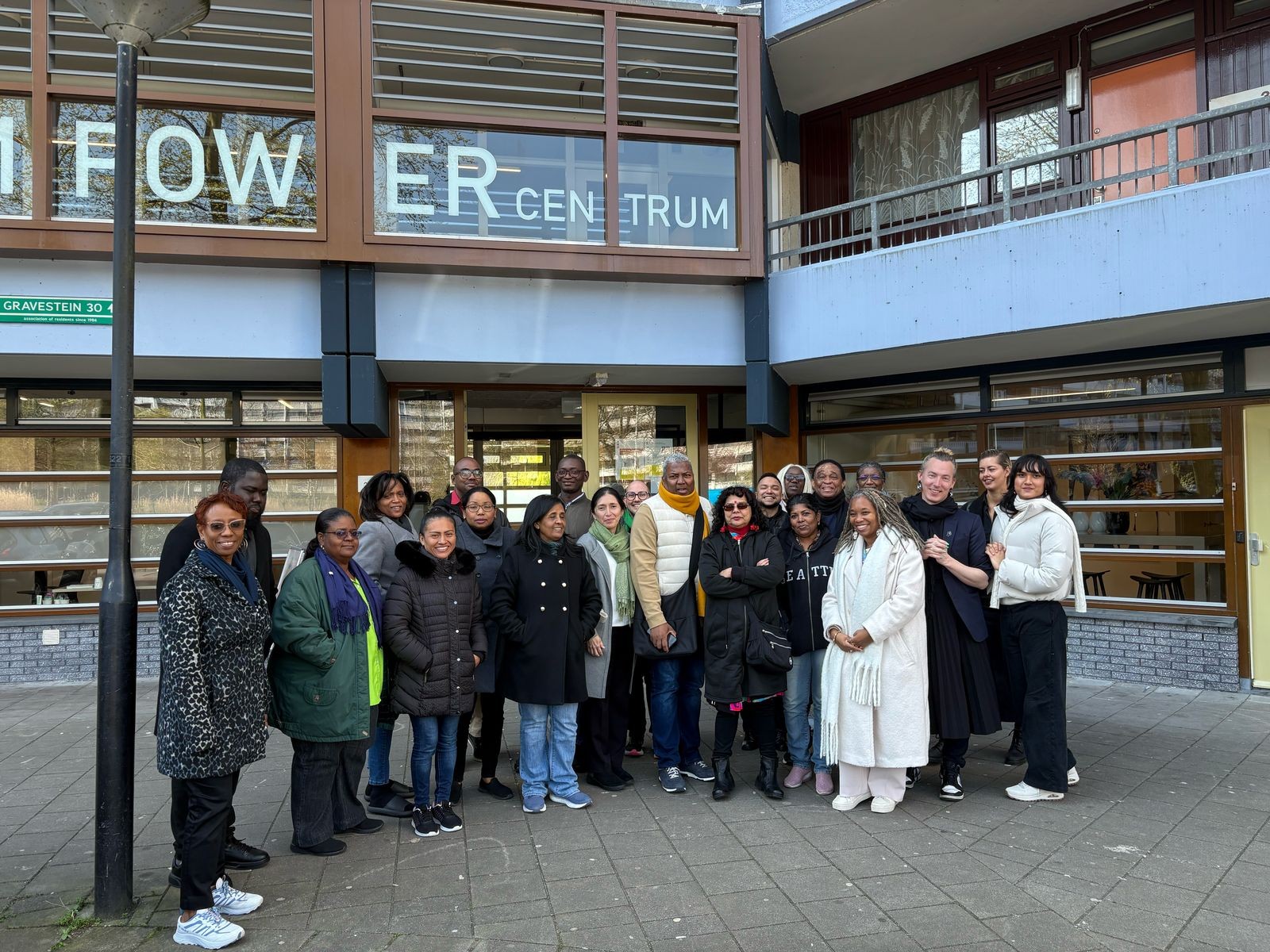
A group photograph of the participants at the South-to-South Learning Exchange held at GGD Amsterdam, The Netherlands, from 31 March to 4 April 2025.
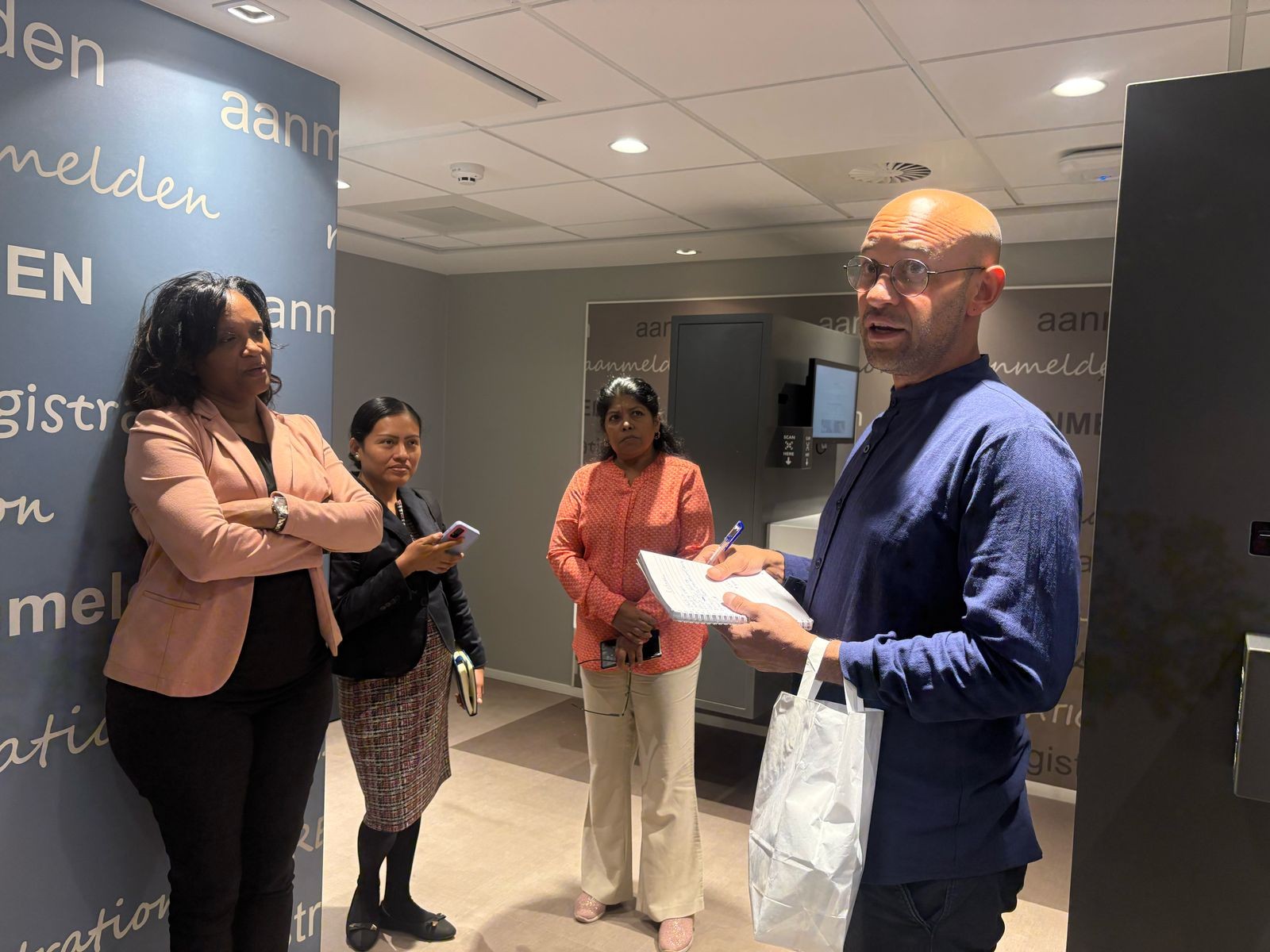
Dr. Wendy Telgt Emanuelson, Director, PCU, on a site visit during the South-to-South Learning Exchange held at GGD Amsterdam, The Netherlands from March 31 to April 4, 2025


